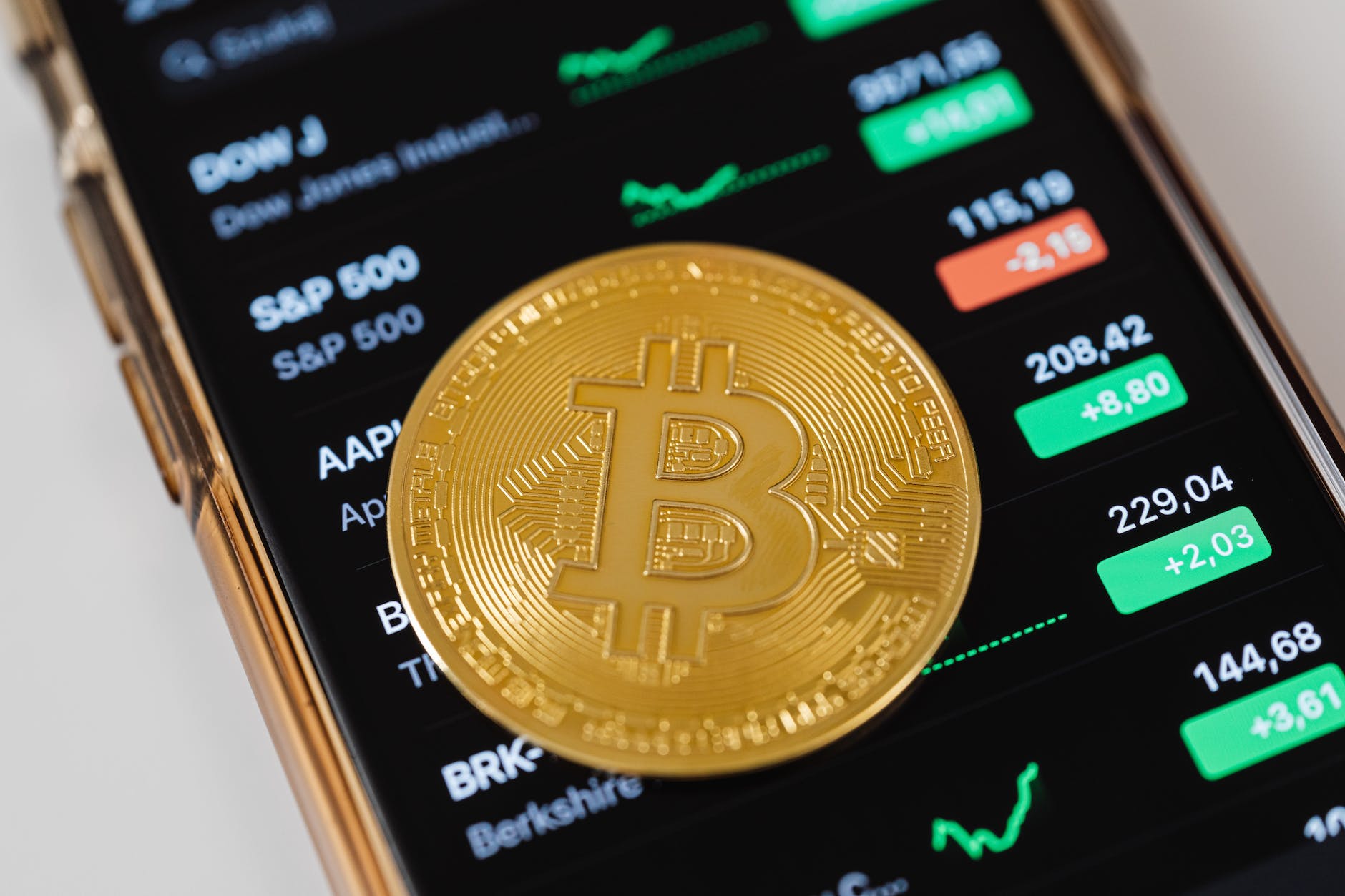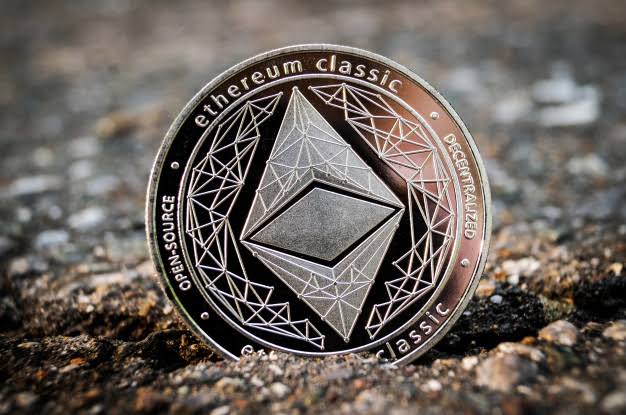[ad_1]
In the traditional economy, people act as consumers. They use their time and money to gain access to goods, games and other amenities for the purpose of entertainment or to fulfill desires. This has been the sole model since basic economics began. Now, an innovative new project is looking to change the way we consume, providing people with benefits for their effort.
People’s efforts are treated as commodities because they are scarce and valuable. The Effort Economy is building a new category of apps called E2E – Effort2Earn. Their ecosystem functions using a range of NFTs, tokens, and its native cryptocurrency, $EFFORT. It introduces users to a range of new applications covering several niches such as gaming, finance, NFTs and many more. These applications allow users to produce effort with innovative earning mechanisms. Play2earn, in which gamers can earn whilst playing, is just one of many Effort2Earn apps to choose from. The economy already has over 130,000 users and is estimated to reach over a million this year despite overall current market conditions. This is the project that’s got everyone talking.
What Is Effort Economy?
Effort Economy is an innovative gamified finance project consisting of apps that value a player’s effort with digital assets such as $EFFORT or NFTs. The aim of the project is to bring millions of people to web 3.0 through a range of earning opportunities available through their Effort2Earn Apps. The first app produced was Bengga. Bengga is home to a wide range of hyper-casual games in which players can earn cryptocurrency based on the amount of time they play. Bengga is currently in its testing phase and is only available in the Philippines. Despite this, it’s already reached 130,000 downloads and has completed over 40,000 ESDT transactions in the Elrond network making it one of the largest if not the largest project in Elrond. Following this success, the development team plans to expand into Southeast Asia, parts of Europe and America. Currently, the Effort Economy has partnered with the top NFT projects in Elrond to allow gamified utilities to these NFT projects. Bringing instant utility to every NFT project that wants to access the resources of the economy namely its native token $EFFORT, the players and the many Effort2Earn applications to bring maximum value back to their holders.
The project runs using the Elrond protocol, which focuses on the mass adoption of crypto. The gas fees (a big issue within the crypto world) are extremely low, with most transactions costing less than $.75 to make. This makes Effort Economy accessible to new crypto users who don’t want to spend hundreds to thousands of dollars on transactions.
Aside from Bengga, the Effort Economy ecosystem is launching several other applications. These include PassFlash, a fiat on-ramp solution platform for buying other ESDT tokens, Effort Wallet, Effort Gateway and T6 League, an eSports league in which players can compete in different game tournaments for the chance to win cryptocurrency and other digital assets. Players will earn $EFFORT for their participation, which can then be traded, spent within the ecosystem, or converted into exclusive access in the upcoming apps in the economy which can come from the team or the different projects applying to be under the Effort2Earn category.
In the future, the Effort Economy plans to feature a range of DeFi solutions that will allow users to stake their EFFORT tokens, hold NFTs and trade them in Effort Gateway, the NFT marketplace made to solve the biggest issues Elrond users have with current selections. Artists and creators will be highlighted and collectors will have an easy time choosing what collectibles to collect. and engagement with other “blue chip” creators/artists minting in Ethereum have begun taking place. These applications will be deployed on the Elrond blockchain, which will definitely increase the number of users on the network, expanding it beyond Europe which is its current base.
What Is Effort2Earn?
Effort2Earn refers to a series of apps designed for people who want to monetize their efforts. In the current Web 2 system, users will spend a great deal of their time playing games for entertainment. Whilst their efforts are rewarded in-game, they have few benefits in life outside of the game. Traditionally, platforms would monetize their audiences as the middleman, taking the profits with them, this current structure goes well beyond gaming and is expanded in commerce, finance and also entertainment. With Web 3.0, this power is given back to the consumer, with players having the opportunity to monetize their efforts.
Through a range of Effort2Earn apps, projects, teams and developers will be able to enhance their user experience whilst simultaneously growing their user base. In the process, they can make a smooth transition from Web 2 to Web 3.0 or grow their Web 3.0 application. What makes the project unique is the wide range of applications already made available. Most projects are currently focusing on a single game or app. With Effort2Earn, users will have a whole economy of apps to play with. These will be spread across different industries and will eventually allow Effort2Earn to become a global hub for DeFi and gaming users.
The project has already hit several milestones with its first app, Bengga, which has over 130,000 downloads. As more apps become available on Effort2Earn, there will be more opportunities for users to earn an income playing games they love. The more popular the game, the greater their earning potential.
The Effort Economy Team
The Effort Economy was founded by Troy Serafica better known in Twitter as “TroyEFFORT”, who grew Bengga from 0 to 130,000 users without any advertising spend. He plays a key role in “NFT PH” a group based in the Philippines aimed at guiding Filipinos in their NFT journey. The Philippines is now ranked number 1 in the world in NFT adoption. Also an expert in the crypto space, at only 21 years old, Troy began using the potential of blockchain technology and how it could impact the future of not just the internet, but the everyday lives of people. Just recently, Troy issued a statement where the convergence of NFT technology, gaming and community is inevitable and how he and the team will spearhead this revolution. As a gamer, he sees and knows the biggest pain points gamers have which is the lack of earning opportunities out there and with the revolution coming up, it is only a matter of time where most NFT projects will consider Effort Economy when they start thinking how can they give back more value to their token holders and community members.
Today, the team consists of 3 groups namely: Development, Growth, and Support. Development team, led by Ray Serafica, with Lance Ting helped build the first B2B SAAS product for the big pharma industry. They also built the first mobile app released in Southeast Asia in 1999. Growth team led by John Caparas, who was part of the Growth team in Mynt, the company behind the number one app GCash in the Philippines. John, together with his team, cultivated and sustained GCash’s growth from 600,000 users to 25 million users in his stint with the team. The support team has 20 plus years of customer support experience for B2B SAAS led products that has made the users’ experience seamless.
With the play to earn industry growth, NFT markets at all time high volumes and DeFi applications having a total locked value of $100 Billion. Web 3.0 is at a rate we’ve never seen before, the potential for Effort Economy to change the industry is huge. The Effort Economy has already achieved a huge milestone with just one app without any advertising spend, attracting over 100,000 users to its first app. This success becomes easier to replicate in the next applications as the total growth of players keeps moving in an upward trajectory. Should the next applications launch in the next few weeks and months, Effort Economy will become one of the biggest players in the gaming and DeFi category.
[ad_2]
Read Full Story
Microsoft Pledges Long-Term AI Investment in the UK
April 9, 2024
Leave a reply
More News
-
HugeWin Announces New Crypto Casino
January 16, 2024 -
BLOCKS: Industry Agnosticity in Blockchain
January 3, 2022 -
Ethereum co-founder says Ethereum Classic is a scam
May 20, 2023
Bitcoin News
-
Ethereum on Track for Profitable Year Driven by DeFi Boom
April 19, 2024










